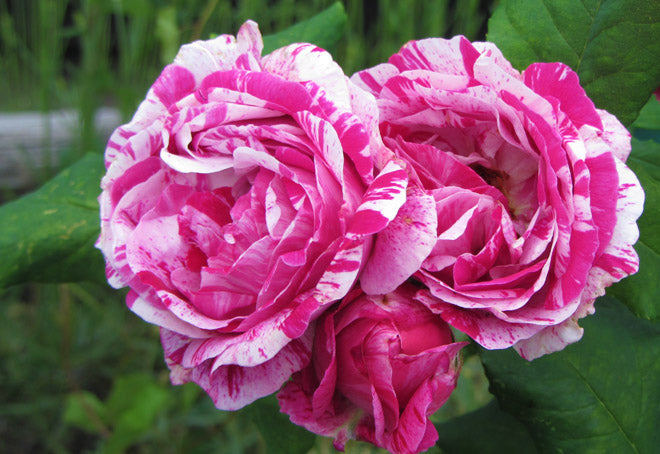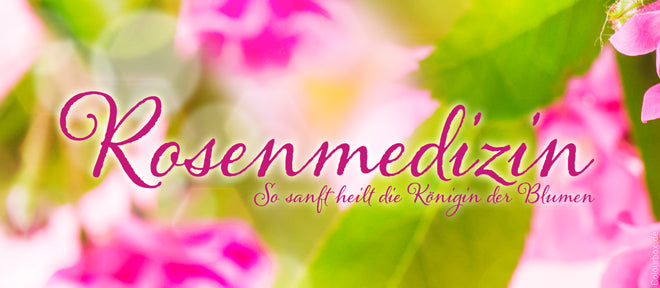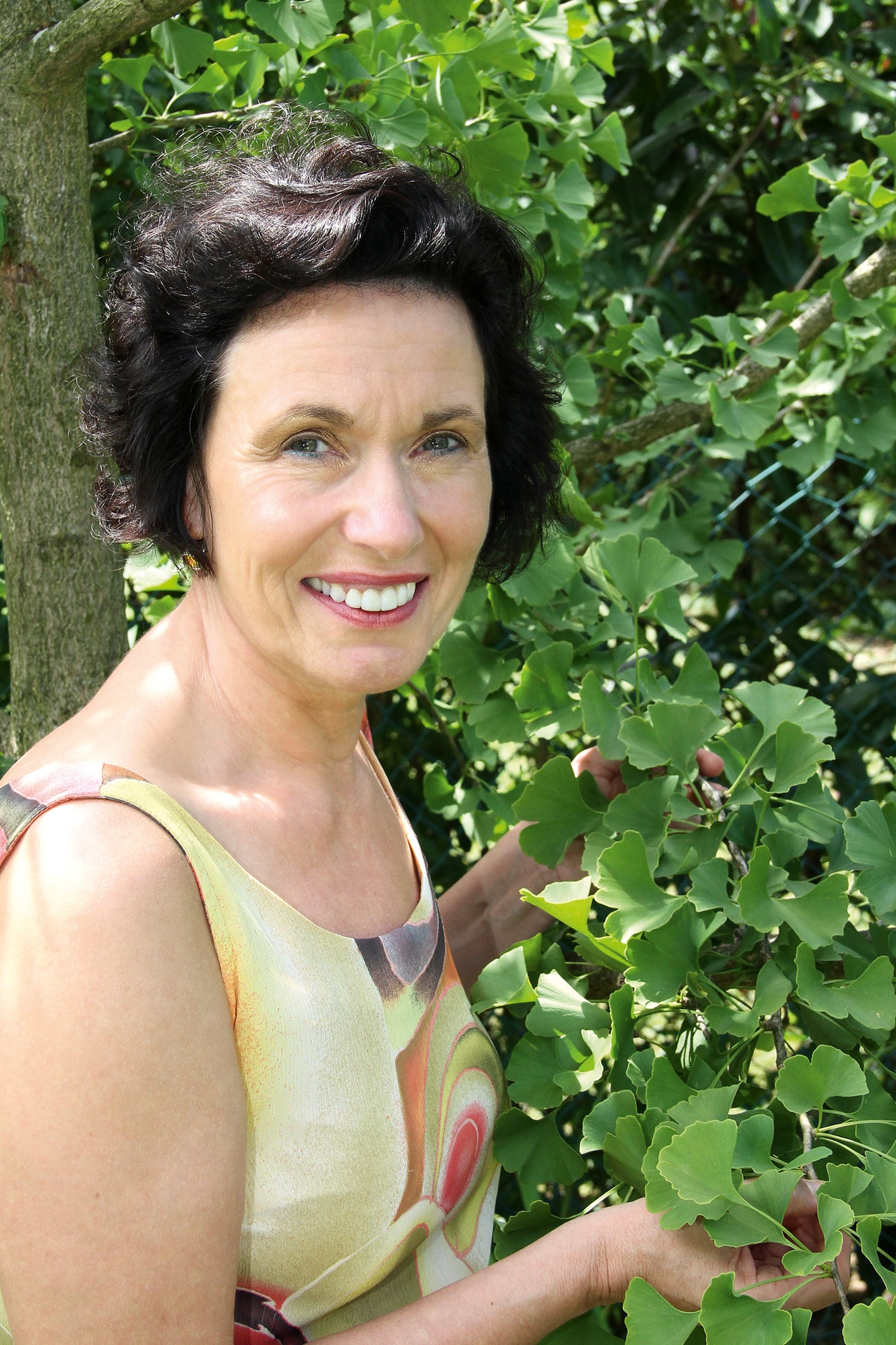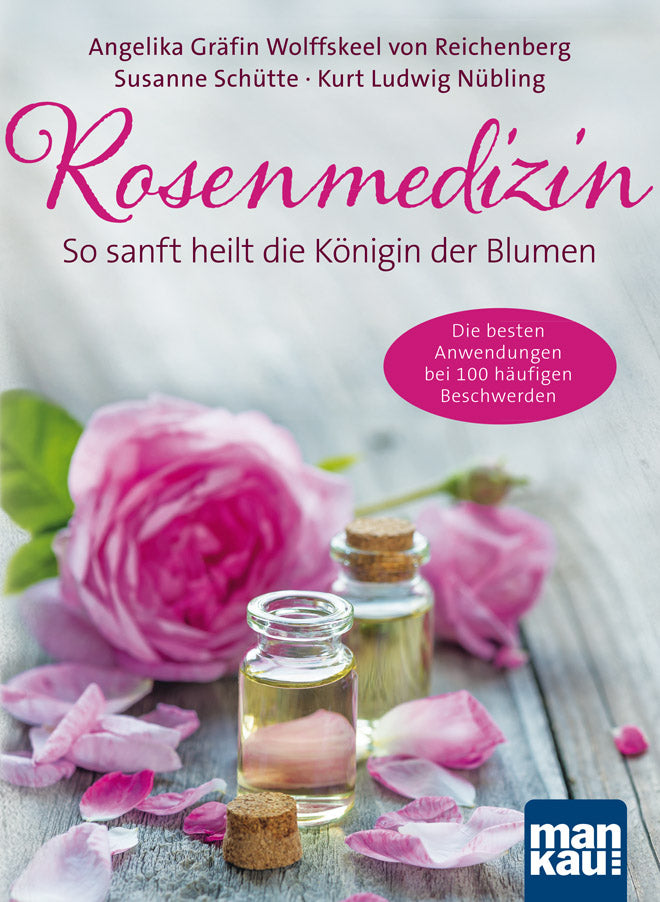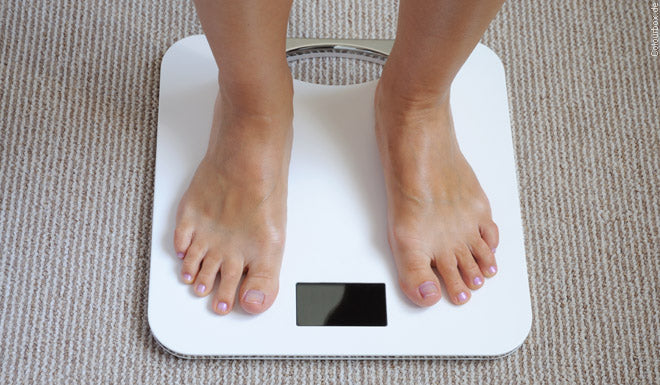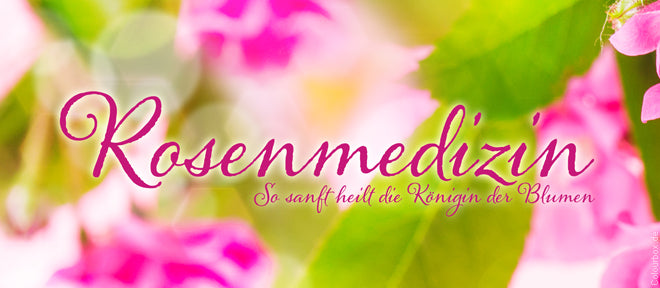
The most beautiful remedy in the world
The most beautiful remedy in the world
The rose is not only the “queen of flowers”, but is being rediscovered as a medicinal all-rounder
Indian sages and Chinese healers were already certain that just looking at a rose would restore inner balance when it was out of balance. The guidebook "Rose Medicine" uses various healing traditions and modern studies to explain which ingredients and properties promote well-being.
Rose medicine against 100 common complaints
From Norway to Iran, from the United States to India, from Great Britain to Bulgaria – roses enchant people everywhere with their fragrance, their inner fire, their splendor of color and their beauty. Phytomedical practitioners, folk medicine and scientific research all over the world also rely on the healing properties of roses and rose hips.
In the guide "Rose Medicine", experts Angelika Countess Wolffskeel von Reichenberg, Susanne Schütte and Kurt Nübling explain how roses and their ingredients can help with over 100 illnesses and everyday complaints - from acne and migraines to bloating and sensitivity to the weather. The healing recipes are enriched by a wealth of useful extra tips and useful information on cultivation, care and use: "You don't need any laboratory knowledge, no test tubes and no pipettes... Rose or rose hip preparations for the well-being of body and soul are very easy to make in your own kitchen."
Wellness experience for body and soul
The name of the noble, thorny plant goes back to the Latin word rosa, which in turn is based on the Greek word roson. Roson, however, is derived from the ancient Iranian word Wurdi. It not only refers to the rose specifically, but also means flower in general - the rose as the mother of all flowers. If you want to learn more about roses and their valuable ingredients, it is always worth taking a look at the nearest botanical garden or over your neighbor's garden fence. Roses can be found in city parks or around historic palaces and castles, as well as in many apothecary or medicinal plant gardens. From Glücksburg on the German-Danish border to Zweibrücken in the Palatinate, from Dresden to Dortmund, there are more than 136 public or private rose gardens.
Even for the ancient Romans, there was nothing more beautiful than walking in one of these gardens, looking at the beautiful flowers and inhaling their scent as an aphrodisiac. They even perfumed the water in public baths with rose water - the beginning of wellness and the continuation of aromatherapy. In modern wellness temples, the beneficial effect of the rose on the nervous system is still used today in massages and baths, rose petals are added to relaxing baths and rose oil is burned incense for mental balance.
Rediscovery by science
Until around 1700, almost every third medicinal recipe contained rose hips and rose petals as an important ingredient. But around 1850, the phenomenal healing effects of the ingredients were increasingly forgotten. The healing effects of roses must be considered more broadly today than in the past. It has been scientifically proven, for example, that roses contain vitamins A, B, D and E. Rose hips contain 20 to 60 times more immune-protecting vitamin C than oranges or lemons.
Detailed studies show that rose water for spraying or rose ointments for rubbing help with exhaustion and insomnia and promote concentration thanks to their flavonoids and terpenes. A handkerchief with rose water on the heart region calms heart palpitations and reduces anxiety. There is also good experience with external use for earaches, tension headaches and neuralgia. Rose tincture helps with abrasions and minor wounds, and rose vinegar helps with burns, cellulite and bacterial infections.
At the same time, the scent influences emotions via the sense of smell: essential rose oil has a harmonizing and strengthening effect on depressive moods, stress and anxiety. It can even slow down aging. What does the medical future of the rose look like? Initial studies show that it still has a lot of potential, for example in cancer research, in disorders of the immune system and in AIDS.
Book tip:
Angelika Countess Wolffskeel von Reichenberg, Susanne Schütte and Kurt Ludwig Nübling: Rose medicine. The queen of flowers heals so gently. The best uses for 100 common complaints. Plus 30 delicious recipes from the rose kitchen. Mankau Verlag, 1st edition February 2017, paperback, 16 x 22 cm, full color, 287 pages, 20 euros (D) / 20.60 euros (A) ISBN 978-3-86374-349-9.
Event tip:
Webinars with Angelika Countess Wolffskeel of Reichenberg
- 20.03.2017, 7 - 8 p.m.: Rose medicine - How gently the queen of flowers heals PLUS (12 euros). More...
- July 10, 2017, 7 p.m. - 8 p.m.: Rose medicine - How gently the queen of flowers heals PLUS (12 euros). More...
- 06.11.2017, 7 - 8 p.m.: Rose medicine - How gently the queen of flowers heals PLUS (12 euros). More...
Link recommendations:
To the new blog: www.rosenmedizin.de
More information about the guide "Rose Medicine"
To the reading sample in PDF format
More about Angelika Countess Wolffskeel of Reichenberg
More about Susanne Schütte
More about Kurt Ludwig Nübling
To the Internet forum with Angelika Countess Wolffskeel of Reichenberg
